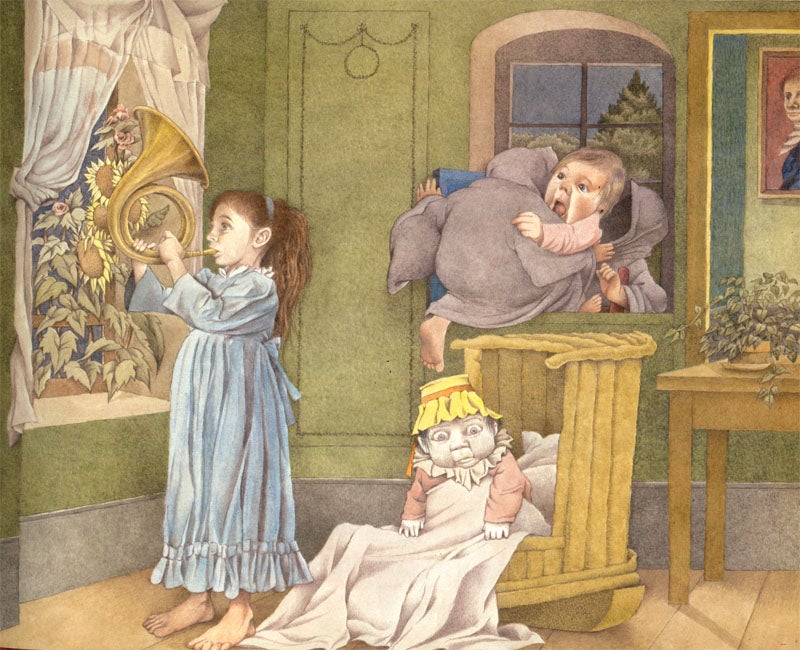Black Box
“Black Box” is from MQR’s Fall 2021 Issue. You can purchase the issue here. Black Boxnoun Aviation: a small machine that records information about an aircraft during flight, used to discover the cause of an accident. (1) Military science: also known as the “nuclear football,” “the button,” “the emergency satchel,” a black leather briefcase containing […]
“Black Box” is from MQR’s Fall 2021 Issue. You can purchase the issue here. Black Boxnoun Aviation: a small machine that records information about an aircraft during flight, used to discover the cause of an accident. (1) Military science: also known as the “nuclear football,” “the button,” “the emergency satchel,” a black leather briefcase containing








